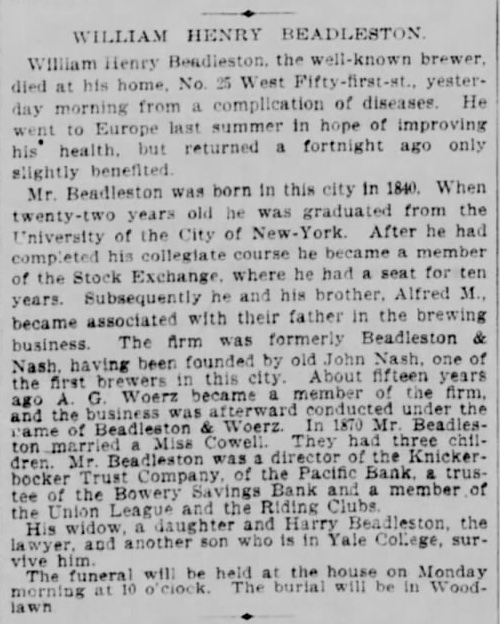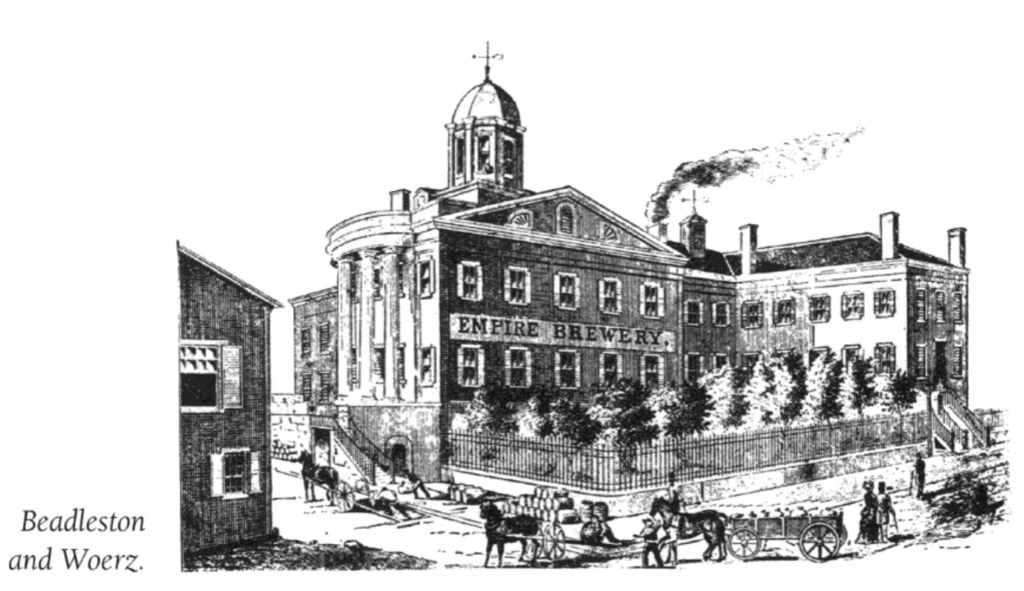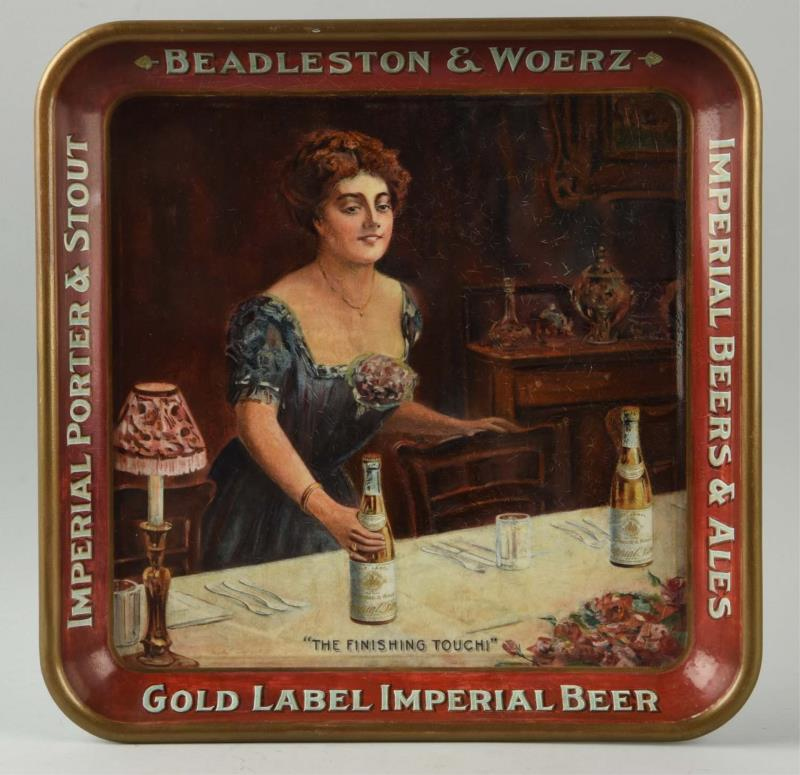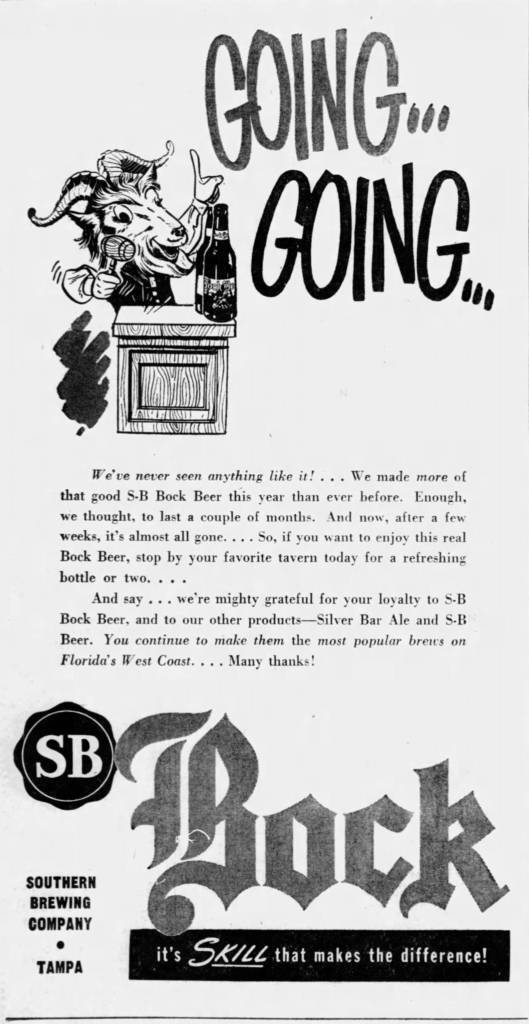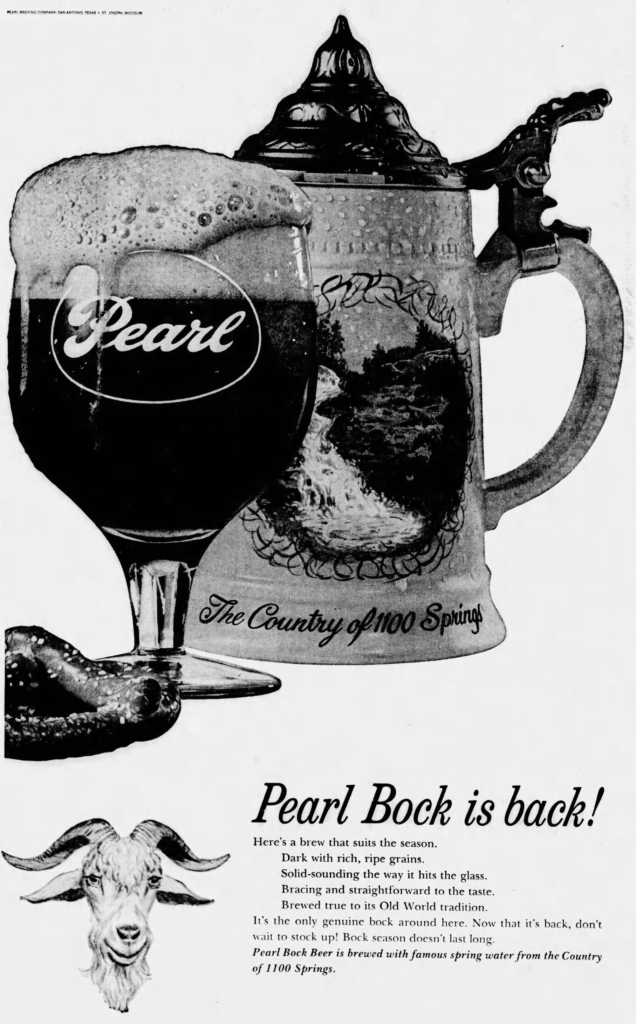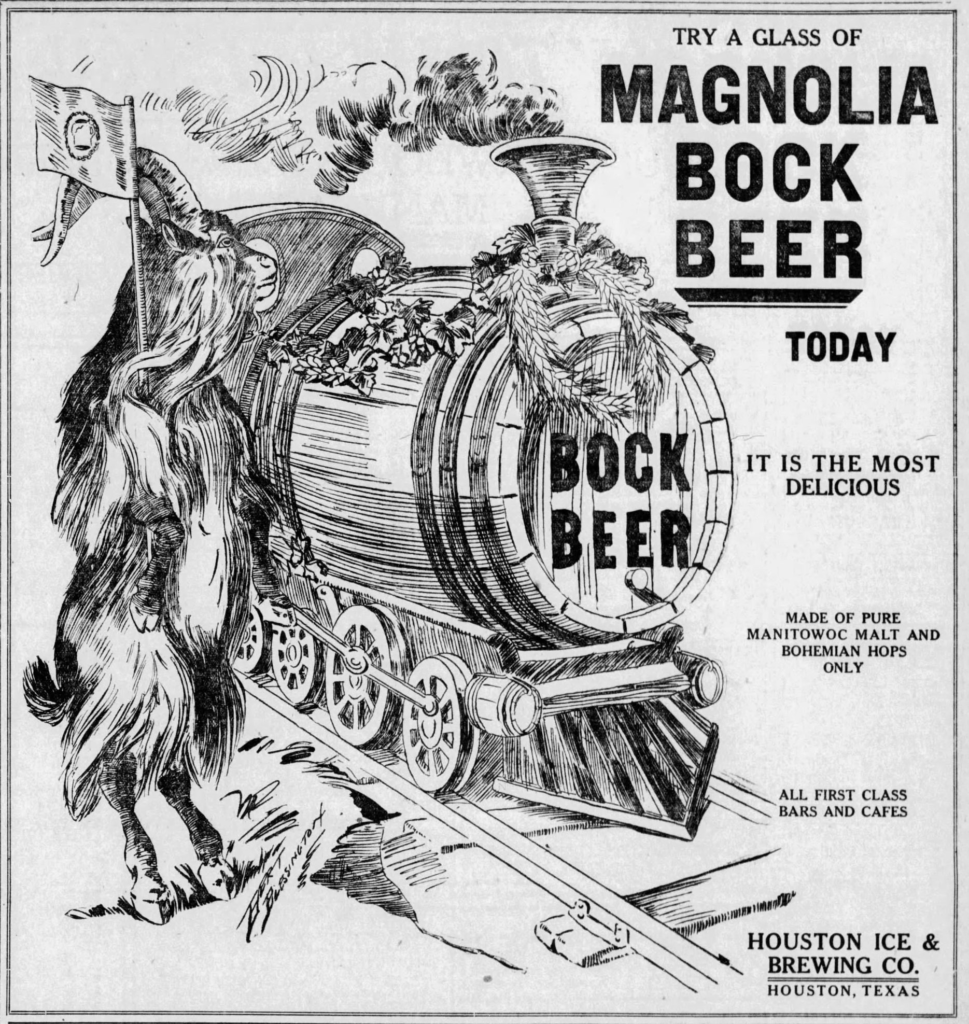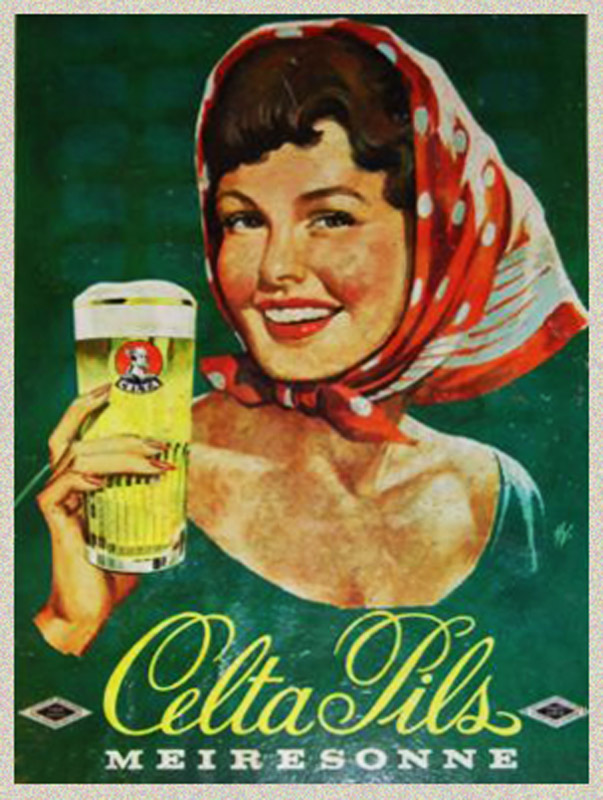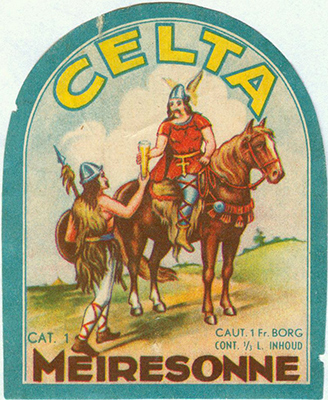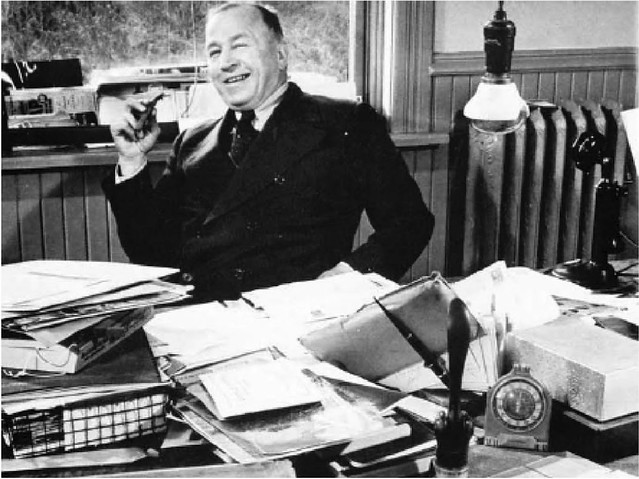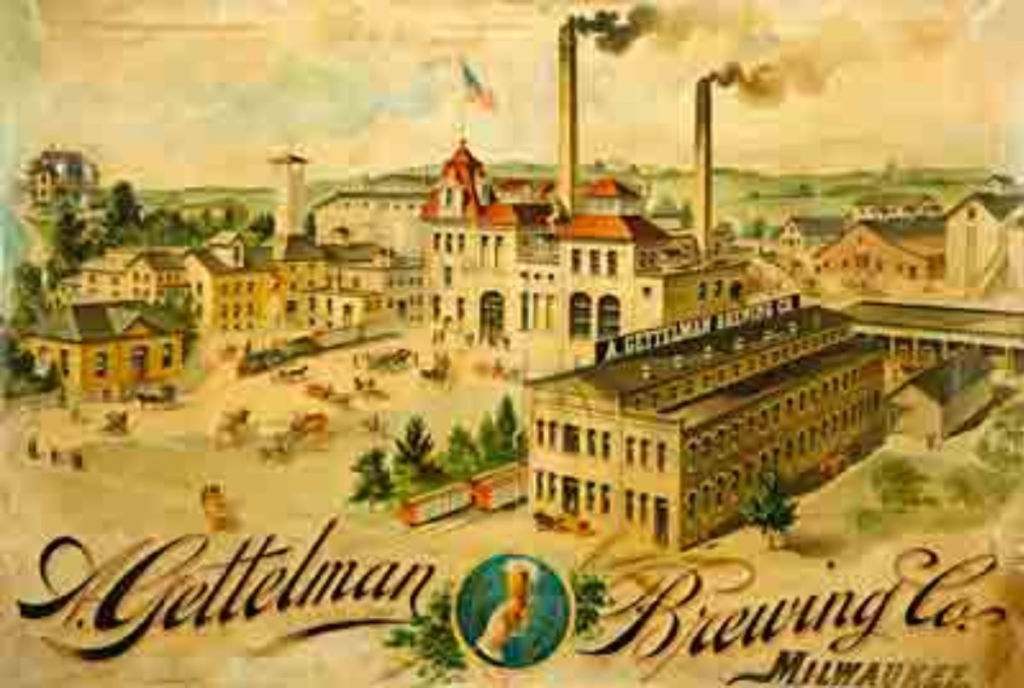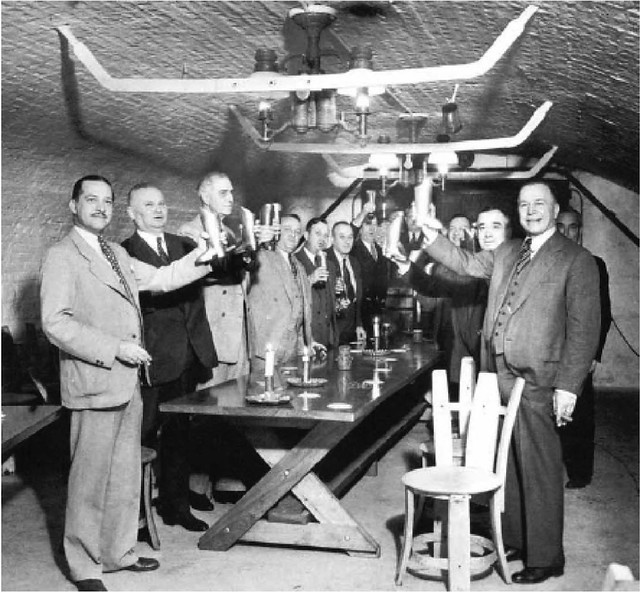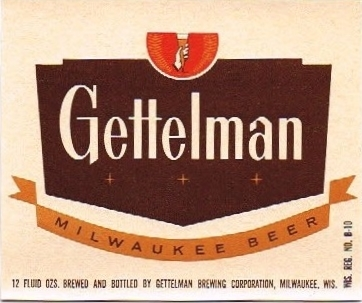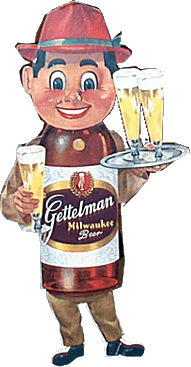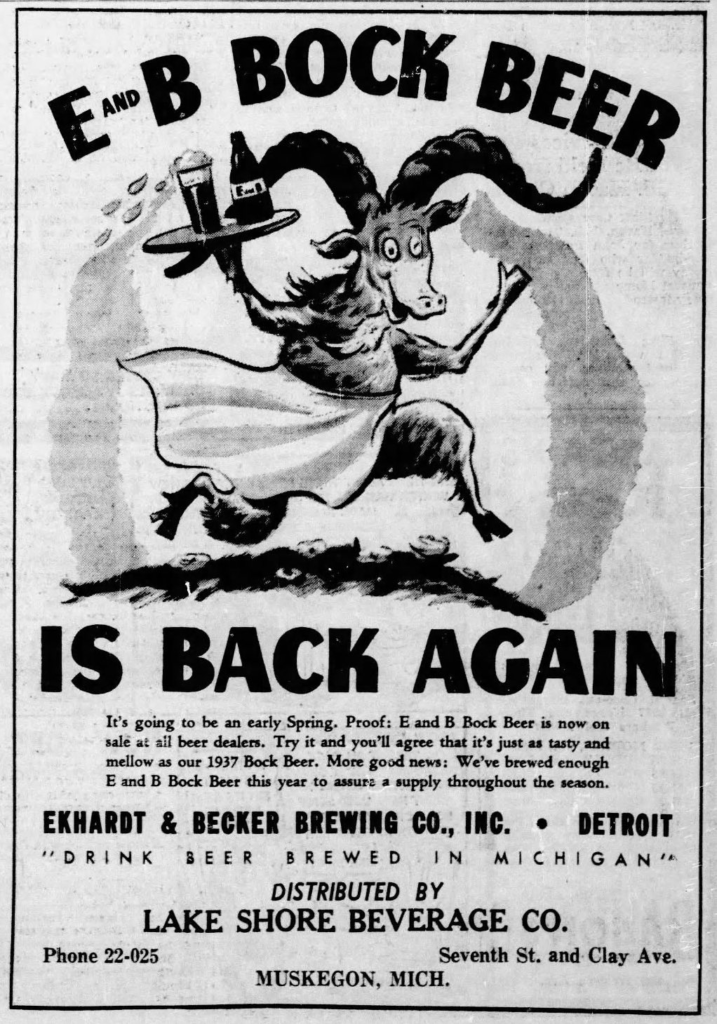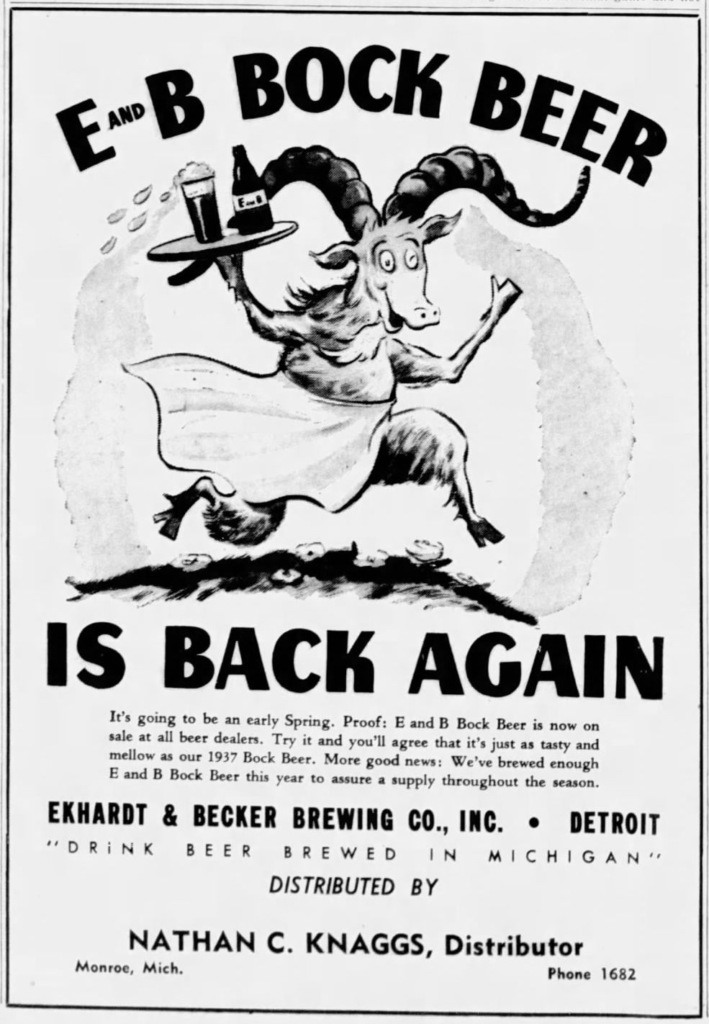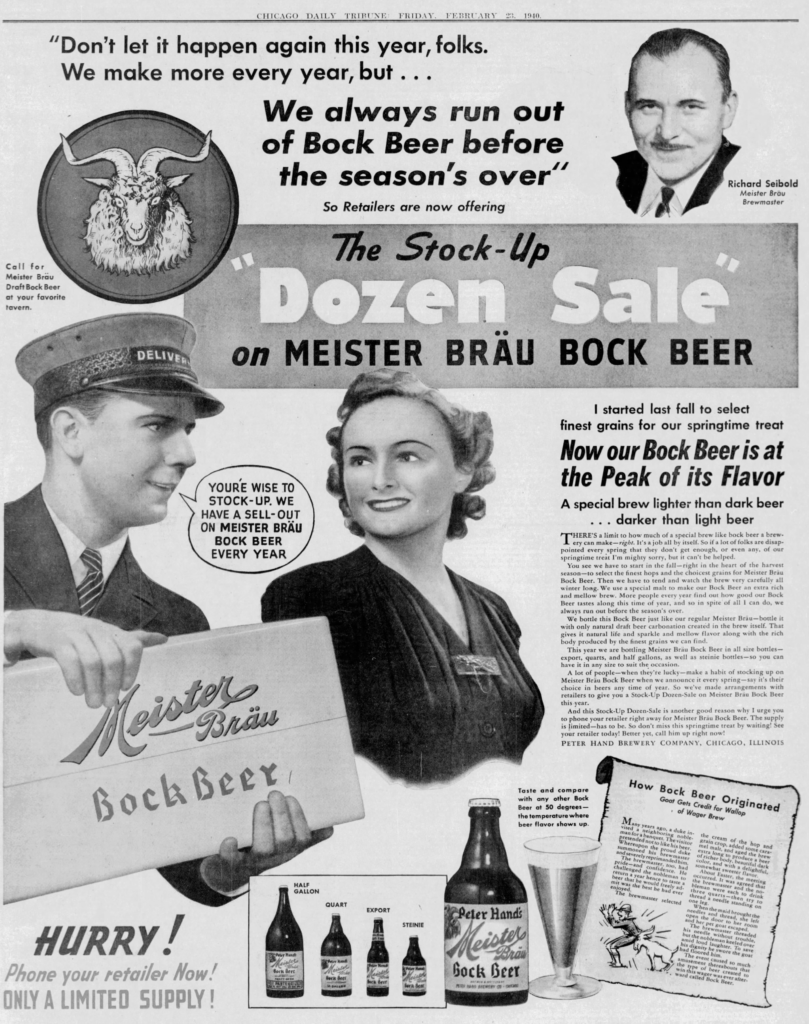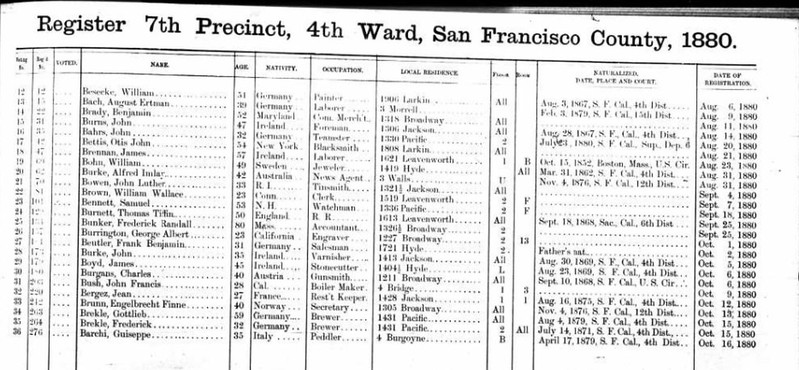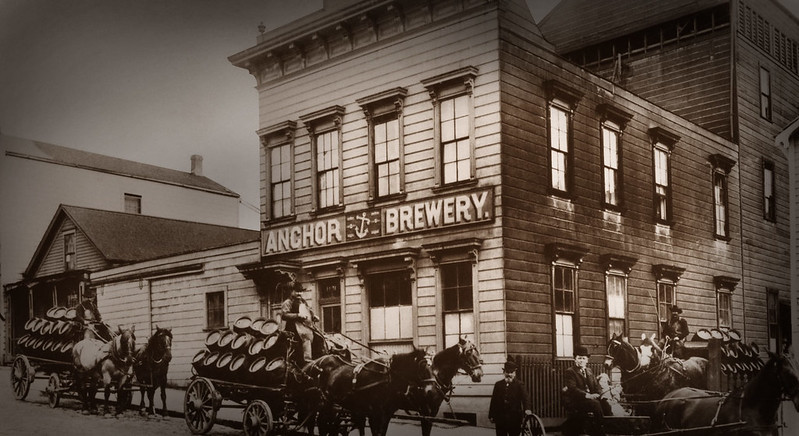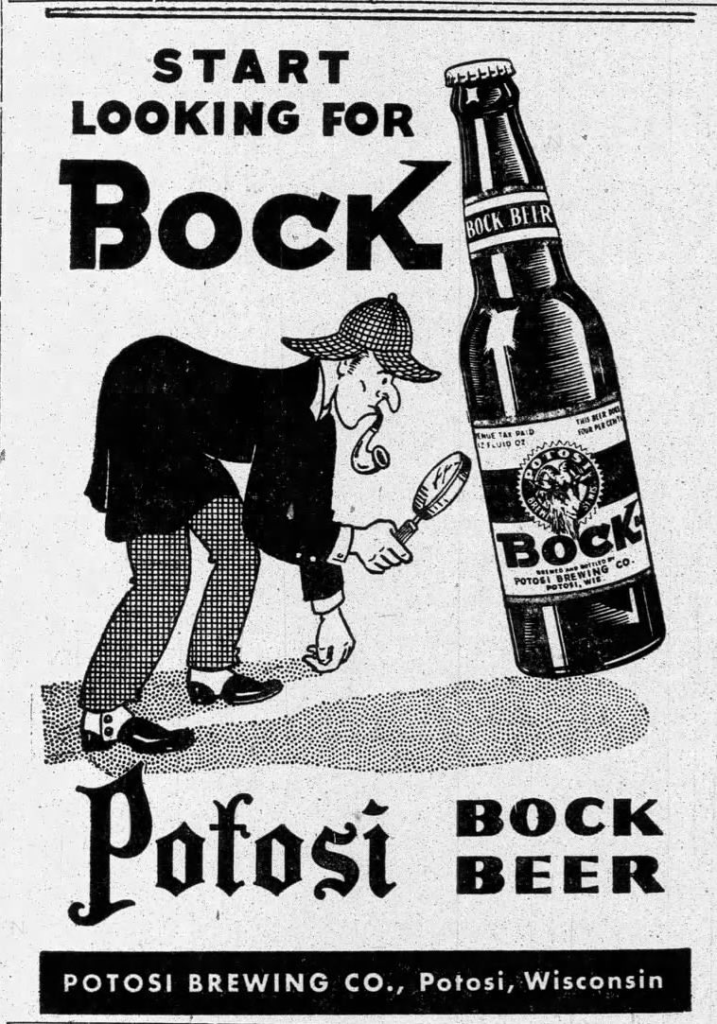
Today is the birthday of William Henry Beadleston (February 27, 1840-October 24, 1895). He was born in New York, and according to his very short biography was a “director and trustee in various corporations; in brewing business.” He was president of the Beadleston & Woerz Empire Brewery in New York City. “Under William’s leadership the brewery his father founded grew to be a large player supplying beer to many locations east of the Mississippi.” Known by a few different names before 1877, Beadleston was always one of the names list in the brewery name from it’s founding in 1846 until its final name, Beadleston & Woerz Empire Brewery, which it traded under until 1920, when it closed for good.
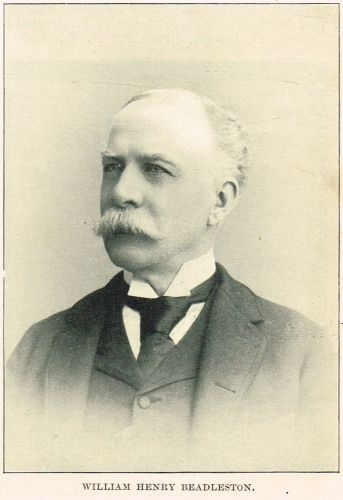
Here is his obituary from the New Your Tribune on October 25, 1895.
